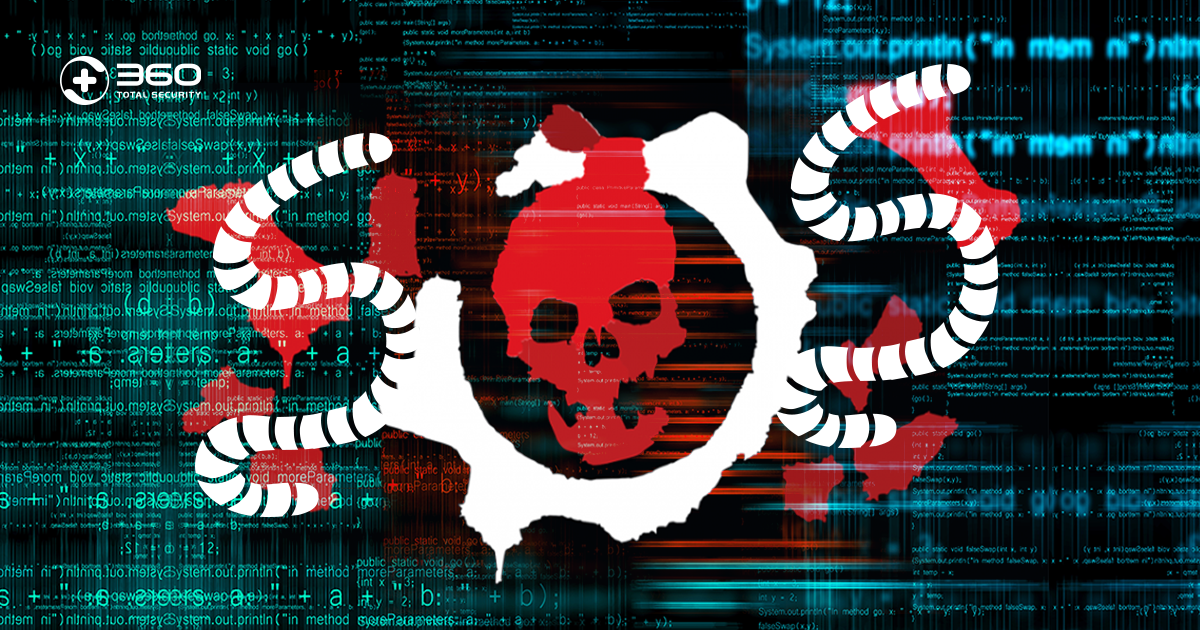Recently, the Better Business Bureau (BBB) released a report saying that small businesses lose more than $7 billion in fraud each year.
Common scam forms mentioned in the report include impersonating tax bureaus or bank personnel, sending fake invoices, selling fake advertisements or directory listings, and so on.
Small businesses are usually the target of scammers, so employee education and internal control are the important means to avoid being victims.
Claire Rosenzweig, President and CEO BBB Serving Metropolitan New York, said: “Corporate companies should take the initiative to understand common scams, know how they operate, and know how to prevent being cheated.”
“The staff should be taught what to watch out for and how to deal with the scam.”
For example, a scammer will use various means of communication to establish contact with a target, but the phone is the preferred means of commercial scams.
The problem is that even though consumers are often advised not to answer incoming calls of unknown numbers, the company must answer and reply regardless of the familiar caller number since the caller may be a customer or a potential customer.
The most widely spread scams are listed as below:
1. Technical support (The scammer pretends to be a technical support staff at a large company, claiming that he/she can repair the computer of the victim or provide instant computer maintenance)
2. Impersonating government agents threaten to suspend business licenses, impose fines, or even take legal action if the business doesn’t pay taxes, renew government licenses or registrations, or pay other fees.
3. Directory Listing and Advertising (This scam fools business into paying for non-existent advertising or a listing in a non-existent directory or “Yellow Pages.”)
4. Fake invoice/ supplier bill (Scammers prey on business owners and hope they won’t notice a bill, often for the office supplies that the company never ordered.)
5. Bank/Credit company imposter (This scam typically involves impersonation of a bank or other credit card issuer.)
Tim McHale, a partner at Bohemian accounting firm Cerini & Associates, said local fraud is on the rise.
“I think hackers are getting smarter and the technology used is getting better and better.”
In a recent case Tim Mchale handled, the scammer hacked into the client vendor’s server and sent an email to the client asking the customer to pay the amount on the attachment’s invoice. The invoice carries the company logo and looks particularly formal. The scam caused the victim company to lose $85,000. However, with the joint efforts of the cooperative banks, most of the money has been recovered.
Corporate companies should really check every email or payment request.
Most of the scams are centered around social engineering and phishing.
For example, the employee received an email that appeared to be sent by the company’s CEO or CFO, saying that they should have paid the supplier a little late, asking the employee to wire the supplier as soon as possible . In this case, the CEO’s mailbox is usually hacked.
Robert Siciliano, author of Identity Theft Privacy said: “If you get a phone call requiring a transfer payment, you must check it again with everyone in the company who is responsible for the payment. ”
Impersonating government agencies is also a popular form of scam.
The staff of the tax bureau or the staff of the tax collection agency are the common counterfeit identity of the scammers. They will notify the company by email or telephone, saying that there is a balance of payments that need to be paid immediately. In this case, the company should refuse to disclose any information and immediately notify the company’s accountant. It should be remembered that Tax bureau will not contact the company by email or phone instead of postal.
It is best for companies to conduct fraud prevention detection to identify weaknesses in their internal control systems.
Small companies must be proactive and must take the initiative to protect themselves.
In brief, 67% of small companies believe that the risk of commercial fraud today is even worse than it was three years ago.
Learn more about 360 Total Security







